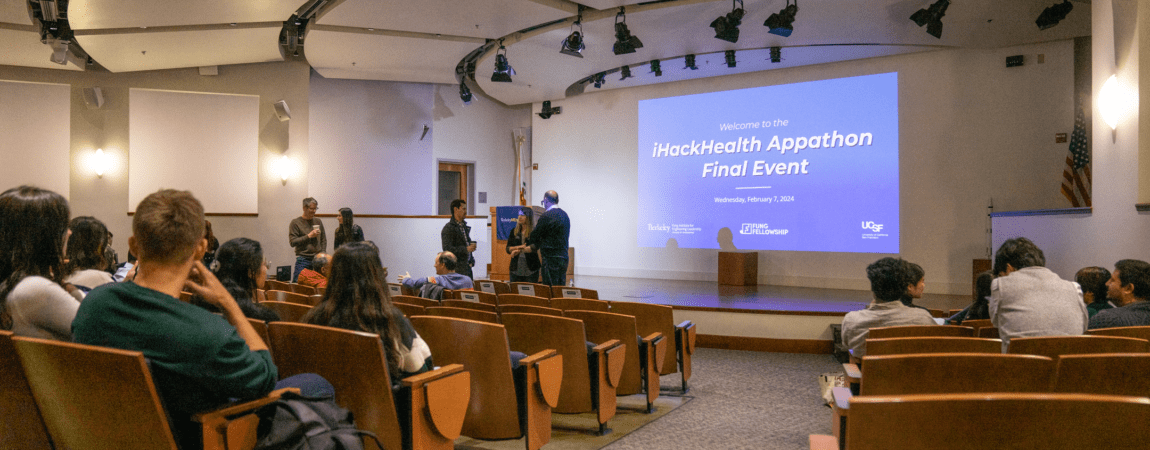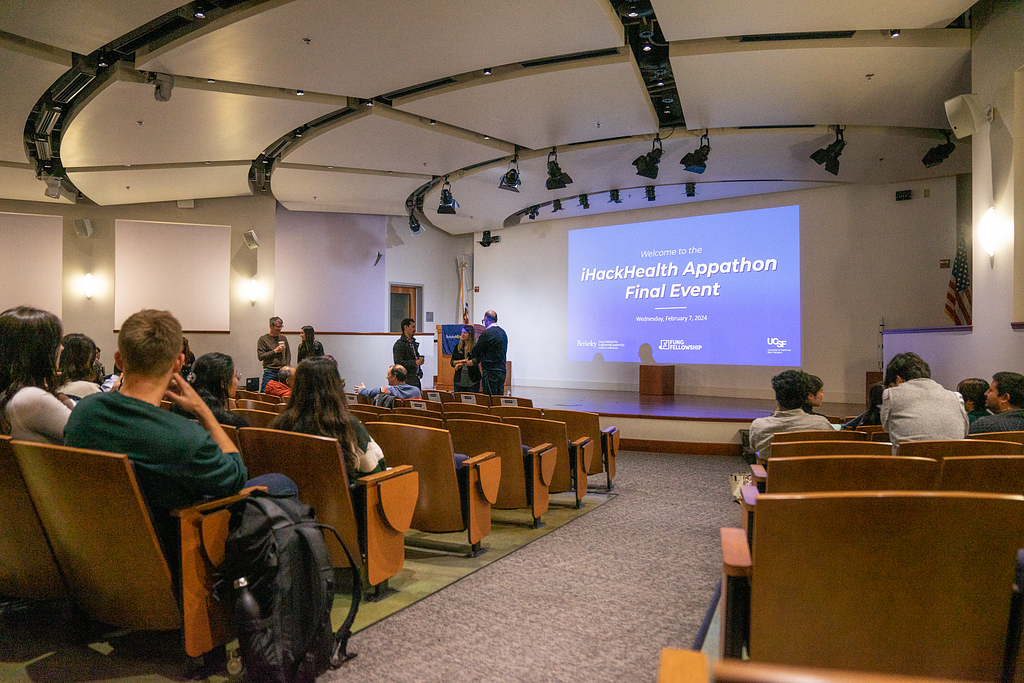
🥇1st place: Visualyze
Team members: Guru Rajesh (Undergraduate in EECS and BioE), Angela Sun (MEng ’24 ME), Crystal Yang (MEng ’24 MSE), Janice (Undergraduate in BioE), and Daniel Garcia Mijares (MEng ’24 ME)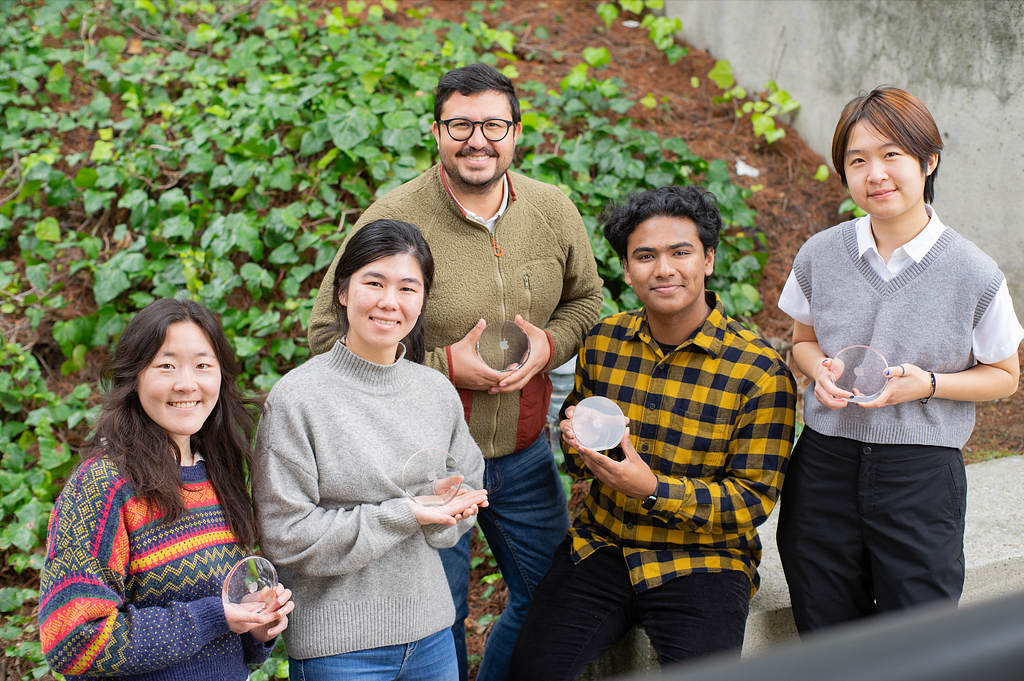
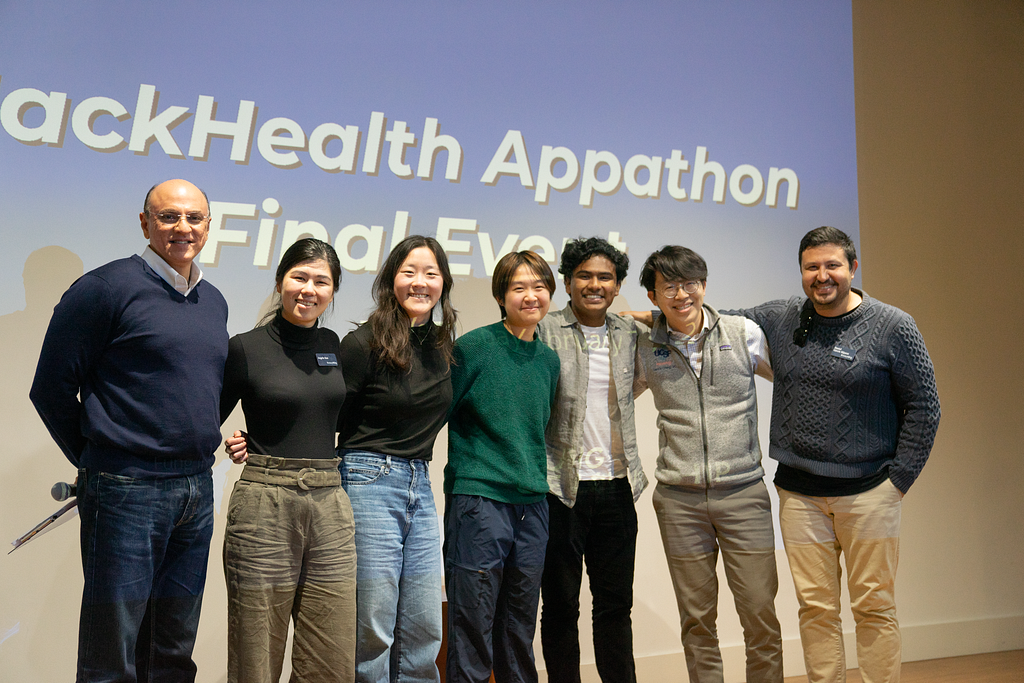
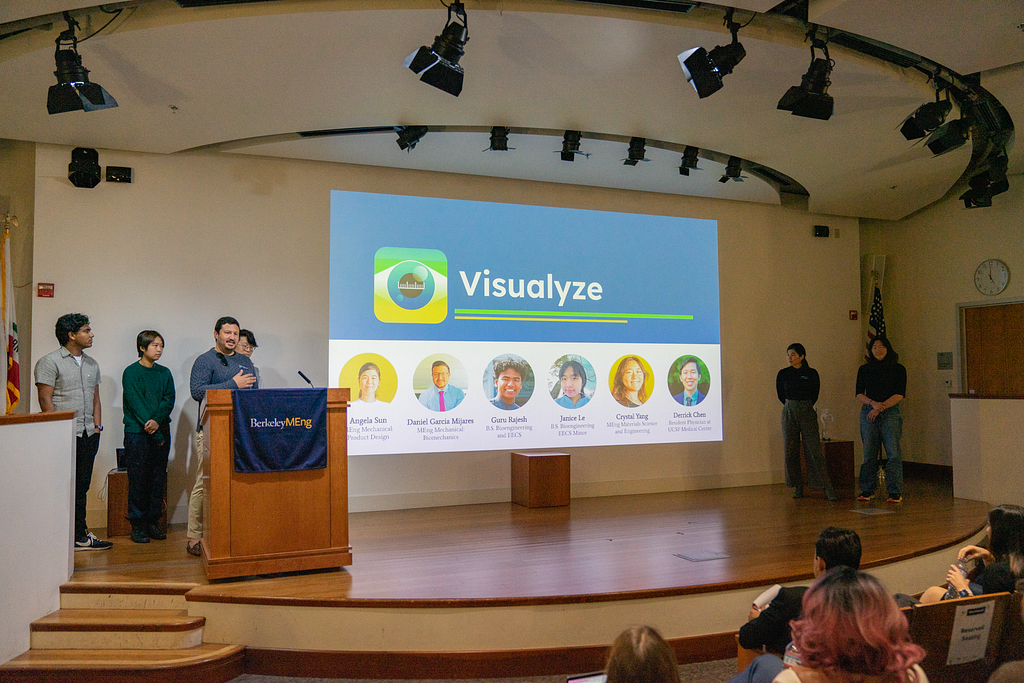
🥈2nd place: Phantom Mirror
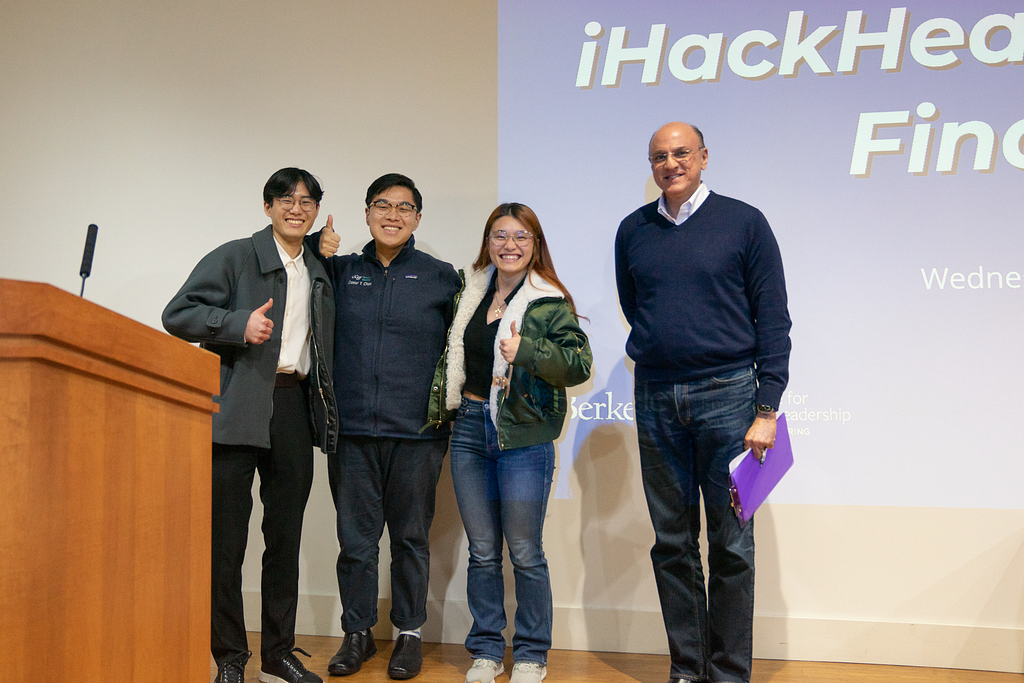
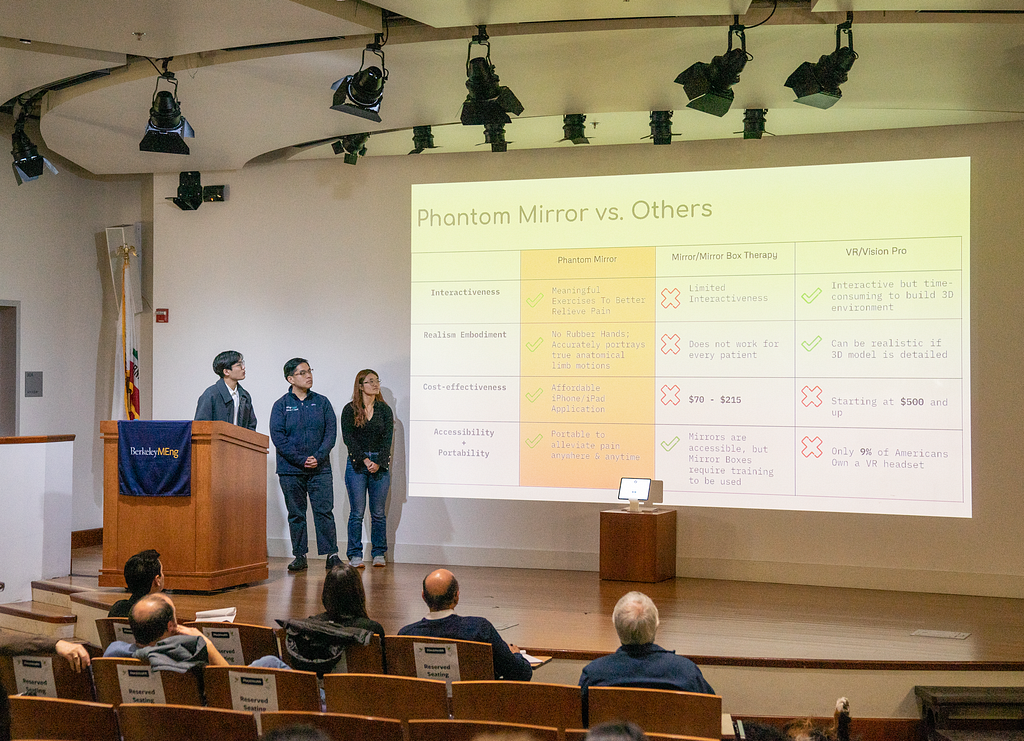
🥉3rd place: Pinnacle
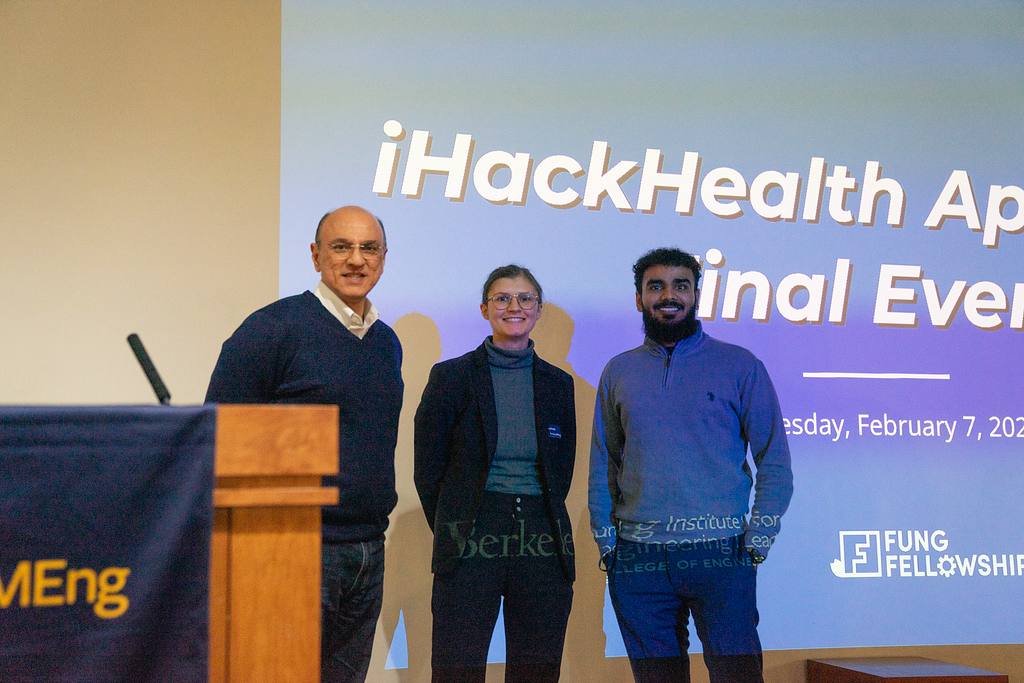
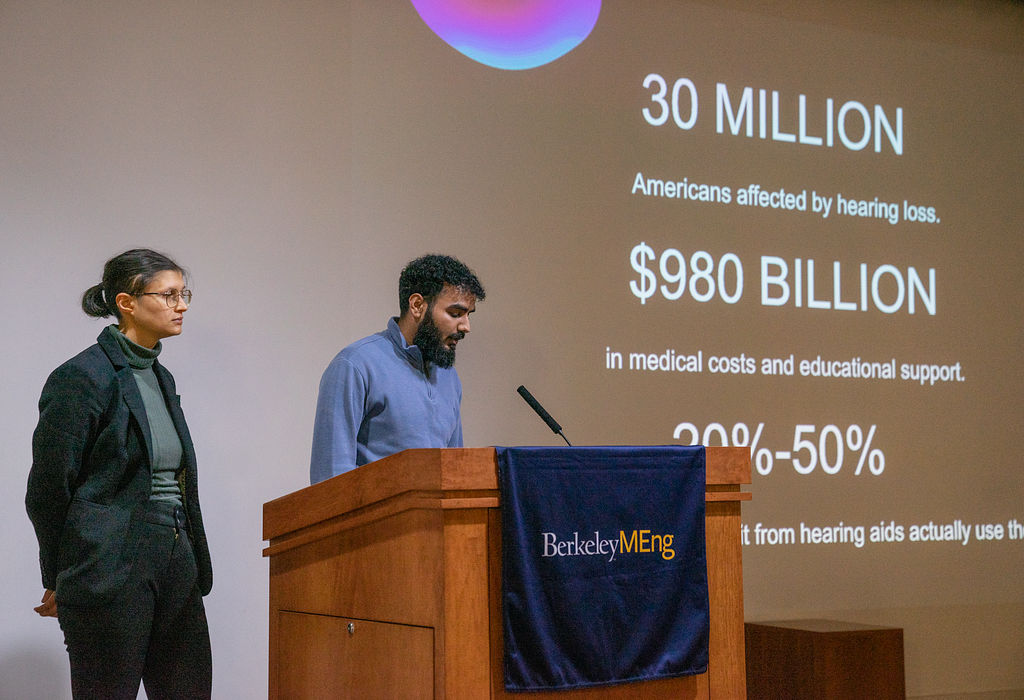
“Visualyze” team wins 2024 iHackHealth Appathon was originally published in Berkeley Master of Engineering on Medium, where people are continuing the conversation by highlighting and responding to this story.


